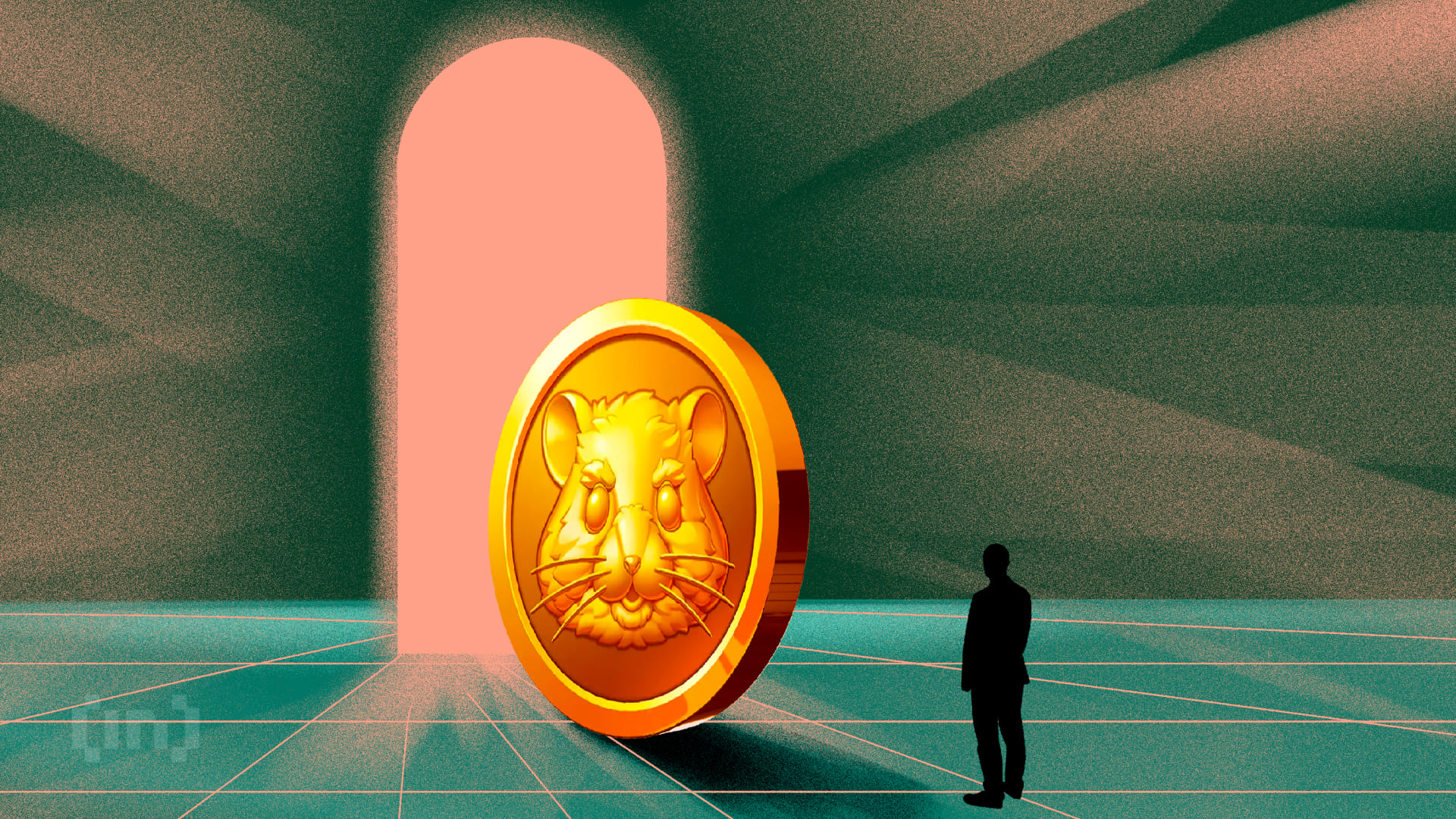BitMEX CEO Alexander Höptner discusses his tenure to date and how the company has expanded its product portfolio.
Höptner, who assumed leadership from BitMEX managers after former CEO Arthur Hayes stepped down in 2022, has diversified the business into more than a destination for perpetual swaps.
Speaking at Token2049, a premier Web3 event in Singapore, Höptner said that the company had weathered the bear market by building out its spot and mobile trading capabilities and ensuring that it continues its track record of being a stable and cyber-secure crypto business for its primarily pro customer base.
“Because we’re stable, we’re running, never get hacked anything, and never lost a Bitcoin or anything. So it is an absolute, so we are a stable partner for the pro traders,” he said. Despite having a smaller customer base than FTX or Binance, the company sees higher trading volumes due to its pro clientele.
The company has also been making strides in its licensure efforts, securing registration in Italy and Switzerland. The Swiss registration means that the company satisfies anti-money laundering and Know-Your-Customer (AML/KYC) rules set out by the Swiss Financial Market Supervisory Authority (FINMA).
Höptner took over the reins about two months after the U.S. Commodities and Futures Trading Commission (CFTC) charged Hayes with running an unregistered trading platform with poor AML/KYC policies. Before BitMEX, Höptner held executive roles at Börse Stuttgart GmbH and Euwax AG, the first regulated crypto trading company in Germany, and Deutsche Börse AG.
Höptner’s take on the Merge and market future
Sharing his thoughts on the recent Ethereum Merge, Höptner said he was hoping for greater market volatility, to no avail.
“I mean, the Merge was, let’s say, the biggest non-event in [a] sense. In that sense, [it was] perfectly done. It’s smooth, but I would have loved that volatility extended,” he said.
Regarding the price of bitcoin, he envisions a 10% to 20% price drop, rather than bitcoin going to $5,000, due to the growth of institutional interest in crypto.
“So we don’t see that this stops, and therefore I doubt that we see really another big bottom. Yeah, it will probably be sideways. Little bit up a little bit down for the next couple of months. Starting Q2 [2023], we’ll recover.”
Security tokens are the holy grail
Speaking to the future, Höptner believes in the “Ready Player One” type of virtual reality metaverse, where people use headsets to participate in a persistent, always-online 3-D world.
Additionally, institutional players will enter the market next year to test new technologies in a bear market, facilitating the mass adoption of crypto. The derivatives space and decentralized finance will likely receive greater regulatory attention.
Longer term, he sees security tokens becoming a focal point of traditional financial institutions and DeFi gaining steam. Security tokens confer holders ownership rights or the value of an asset or group of assets and obviate the need for a company’s involvement in the fiat world. A company wishing to raise funds could issue security tokens that bestow fractionalized ownership on buyers instead of issuing stocks.
BitMEX would be interested in the “holy grail” of security tokens, Höptner said, but adoption would depend on regulations, Höptner concluded.
For Be[In]Crypto’s latest Bitcoin (BTC) analysis, click here
Disclaimer
All the information contained on our website is published in good faith and for general information purposes only. Any action the reader takes upon the information found on our website is strictly at their own risk.
Source link












